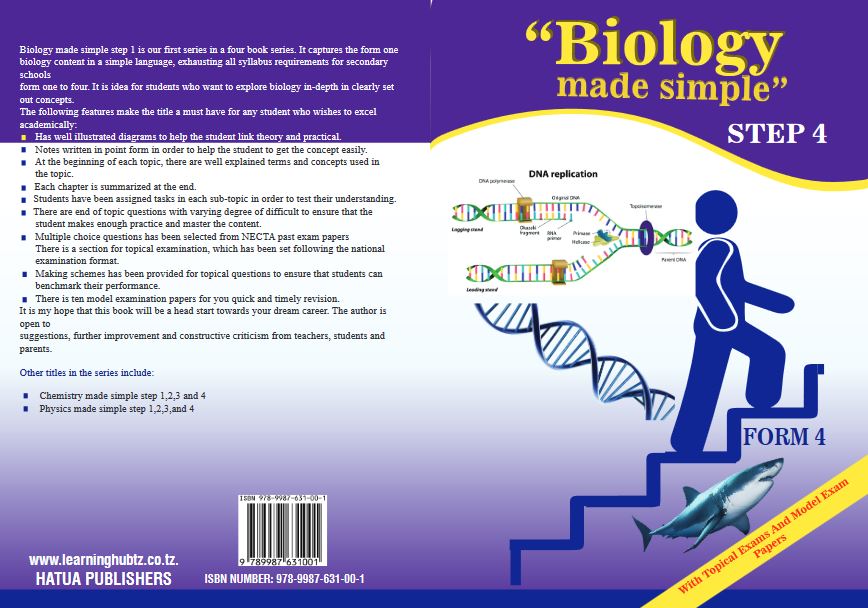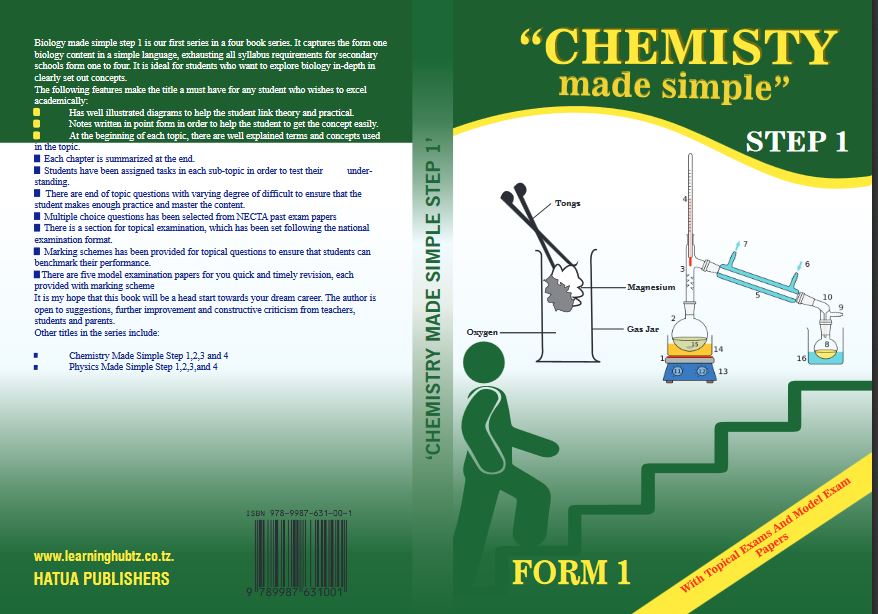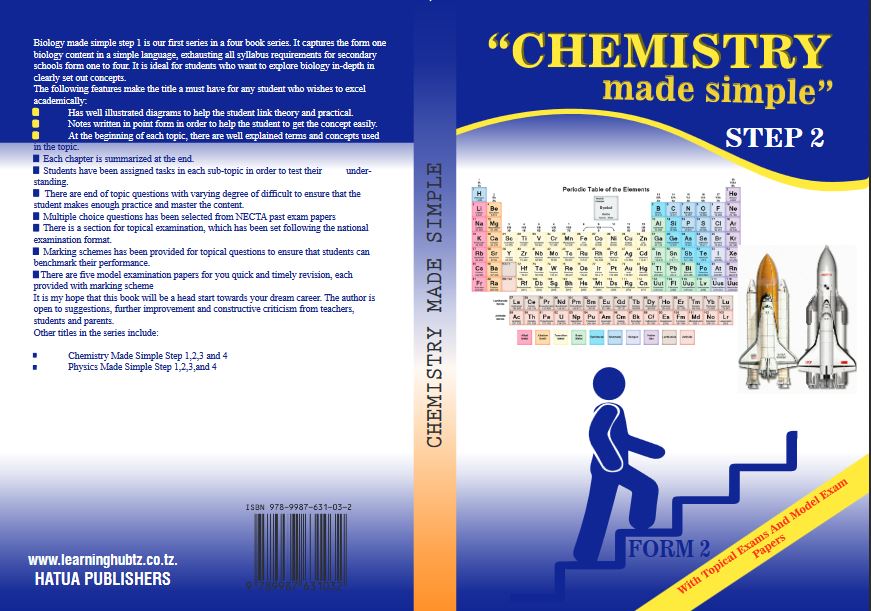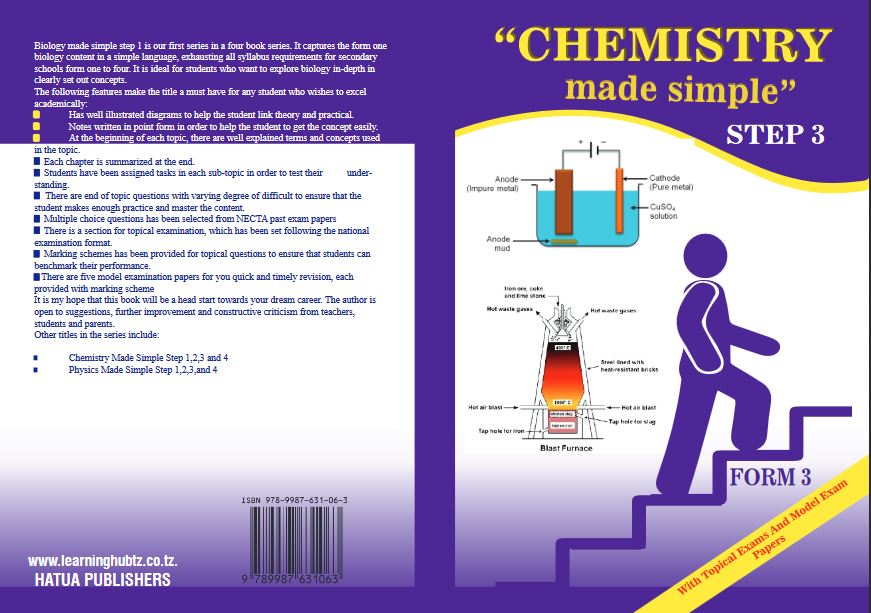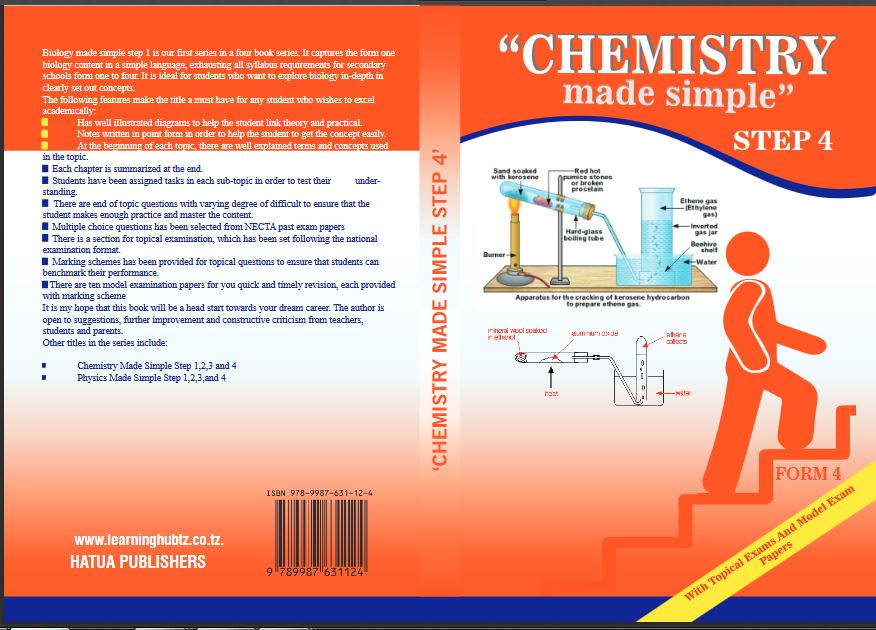SECTION B
LANGUAGE SKILLS
4.(a) ![]() Elaborate on six important things that the interviewee has to know and do.
Elaborate on six important things that the interviewee has to know and do.
(b) State four qualities of a good interviewer.
View Ans5.![]() Briefly describe five things that can cause barriers to listening. (b) Interpret the following phrasal verbs and make a meaningful sentences for each.
Briefly describe five things that can cause barriers to listening. (b) Interpret the following phrasal verbs and make a meaningful sentences for each.
(i) Hold on
(ii) Crop up
(iii) Pull through
(iv) Get by
(v) Book in
View AnsSECTION C
WORD FORMATION
6.(a) State the meaning of the following prefixes and compose one sentence for each.
(i) Force (ii) Re- (iii) Tri- (iv) A- (v) Arch- (vi) Sur (vii) Ex- (xiii) In-
View Ans7.(a) Use the given words below to form five compound words and then make one sentence out of each: grind, coloured, covered, reading, easy, glass, going, stone, acting, gold, plated, quick, silver, slow, talking, walled, working.
(b) Point out affixes from the following words and say whether they are suffixes of prefixes, and then use each affix to form a different word.
(i)Disloyal (ii) Decoration (iii) Illegal (iv) Decode (v) Admitant
SECTION D
LANGUAGE USE
View Ans8.(a) Identify and elaborate on three types of translation methods.
(b) Translate the following sentences into Kiswahili language by using communicative translation.
(i) Juma is a lion.
(ii) No gains without pain.
(iii) All that glitters is not gold.
(iv) A friend in need is a friend indeed.
(v) Time is money.
(vi) She kicked the bucket.
(vii) Never leave a stone unturned.
View Ans9.(a) Elaborate on five characteristics of a scientific translated text.
(b) Describe the procedures for translating scientific texts.
View AnsHub App
 For Call,Sms&WhatsApp: 255769929722 / 255754805256
For Call,Sms&WhatsApp: 255769929722 / 255754805256
 For Call,Sms&WhatsApp: 255769929722 / 255754805256
For Call,Sms&WhatsApp: 255769929722 / 255754805256
WHATSAPP US NOW FOR ANY QUERY
App Ya Learning Hub Tanzania


